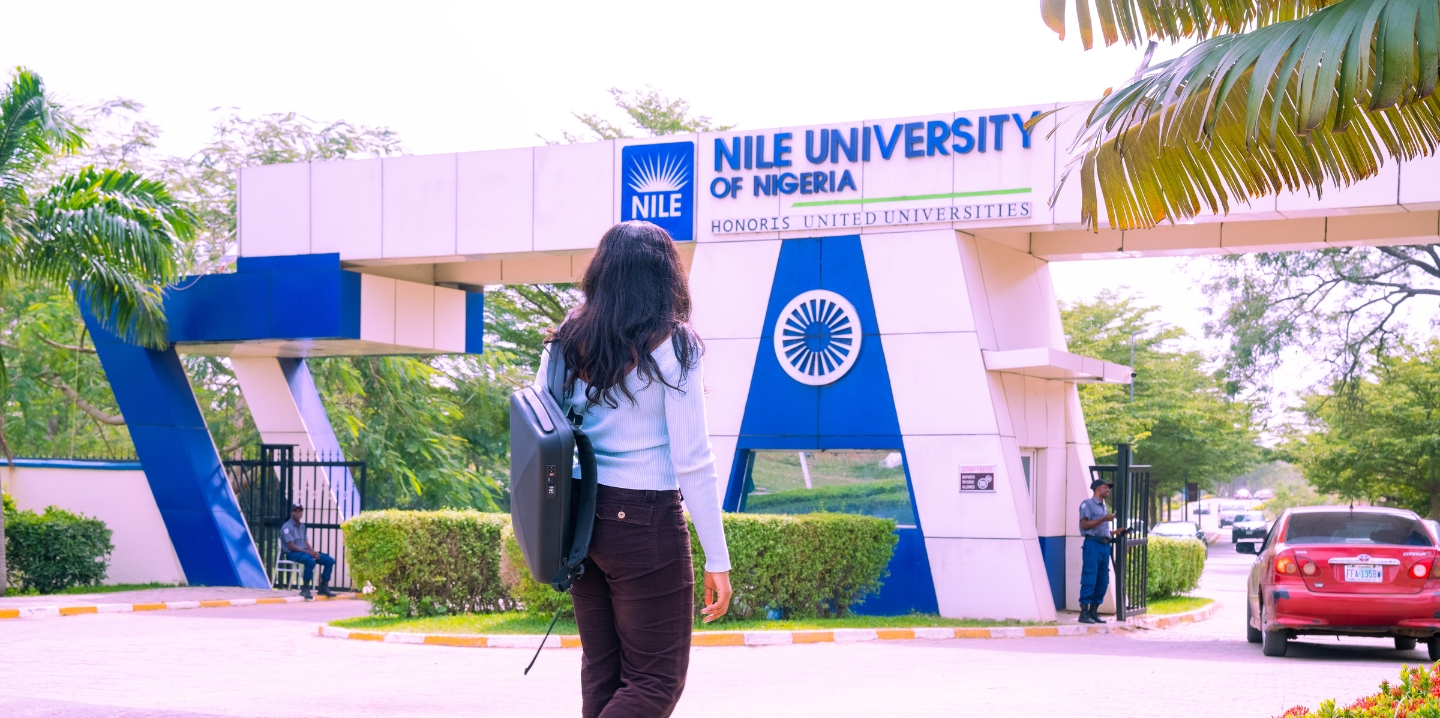An investment in expertise pays the most effective passion. The significance of education and learning to a country can not be over highlighted, in many parts of the globe education is regarded as a basic human right. Education is among the standard standards to gauge the development and advancement of any kind of country.
Unfortunately the level, top quality and criterion of education and learning in Nigeria has witnessed a geometric decrease in the past twenty years and this unfortunate trend has actually made Nigeria the top native land of pupils from Africa moving to other parts of the globe trying to find quality education and learning.
This fall in criterion has actually been credited to a variety of variables which will be appropriately highlighted in this post. Out of the many troubles facing education in Nigeria, the following are the major difficulties:
1. INADEQUATE FINANCING
Education and learning in Nigeria is supervised by the Ministry Of Education. Neighborhood authorities take duty for carrying out policy for state-controlled public education and learning and state institutions at a regional degree. This makes financing of education and learning primarily a governmental affair.
Due to the lengthy existing high degree of corruption in all degrees of federal government, education and learning in Nigeria has always endured improper funding which has brought about bad infrastructure, lack of good mentor aids, and non payment of educators allowances.More Here https://www.cnbcafrica.com/2019/nigerias-higher-education-sector-faces-a-number-of-issues-heres-how-the-west-african-country-can-do-to-fix-it/ At our site
Additionally, a sharp decline in crude oil prices which is the major source of federal government income has actually plunged the nation right into a recession which has actually brought about serious cuts in government spending, further worsening the bad funding situation of Nigerias education and learning system. This has caused strike activities, college closure and huge pupils protests all over the country. The monetary crisis additionally ran out scholarship funds for international research, placing restrictions on worldwide student circulation from Nigeria.
2. ABSENCE OF CERTIFIED TEACHERS:
In Nigeria, the poor functioning condition, poor remuneration and allocations the instructors go through have inhibited qualified and certified teachers from taking up teaching jobs, they instead make an application for various other much better paying work than training, while the few educators that have actually used up the mentor career did so because of absence of far better work, thus, their low degree of commitment as they are constantly on the watch out for greener pastures.
This straight impacts outcome as the top quality of education is considerably reduced by this threat.
3. ABSENCE OF CONTINUOUS TRAINING FOR TEACHERS:
Adequate actions are not taken by the ministry of education and learning to make certain that every instructor undergoes a constant routine training program to maintain them harmonic with modern-day practices and additionally help to remodel their interrelationship with their trainees and the students guardians.
4. FAILURE TO FIT THE RISING POPULACE DEMANDS:
The total population of Nigeria as at freedom stands at 45.2 million, but this isnt the situation currently as the nation has seen an astronomical rise in its populace. As at 2015, Nigeria s populace was estimated to be 182.2 million, this is a major trouble for the country as the education system have not been able to fully enroll its rapidly climbing population.
For example, Nigerias fundamental education sector is loaded down by strong population growth. In 2015, the countrys population under the age of 15 was about 44 percent. The system stops working to integrate big parts of this expanding youth populace.
According to the United Nations, 8.73 million grade school- aged youngsters in 2010 did not participate in education in all, a lot of which were the almajiri kids. They make up the biggest group of out-of- school children in Nigeria. These young boys are sent out to Quranic educators to obtain an Islamic education and learning, which includes professional or apprenticeship training.
Some are associated with street pleading. The Ministry of Education estimated that there were 9.5 million almajiri youngsters in the northern part of the country in 2010, making Nigeria the country with the greatest variety of out-of-school youngsters worldwide.
The net enrollment price at the elementary degree was 63.8 percent contrasted to a global standard of 88.8 percent. This low price of enrollment to basic education and learning in Nigeria has actually further raised illiteracy level in Nigeria.
The country in 2015 had a young people literacy price of 72.8 percent and a grown-up literacy price of 59.6 percent compared to global rates of 90.6 percent and 85.3 percent in 2010 respectively (data reported by the World Bank).
5. LOW COLLEGE ADMISSION CAPABILITY:
According to the statistics JAMB supplies on its site, In 2015, just 415,500 out of 1.428,379 candidates were admitted to university.
The admission crisis is just one of Nigerias largest obstacle in college, as a result of the growing youth populace.
Nigerias system of education and learning currently leaves over a million qualified college admission applicant without accessibility to college education and learning on an annual basis. This often tends to decrease financial development as just a few educated experts are readily available in the country, it also brings about brain drain.
6. SCHOLASTIC SCAMS, CORRUPTION AND INDISCIPLINE:
In Nigeria, there have actually been numerous records of corruption and indiscipline in Nigerias education system, a lot of specifically in the higher institutions where instances of cultism in institutions have actually been on the surge as well as bribery to pass tests.
Academic scams is native to the island whatsoever degrees of education. Various other forms of scholastic transgressions that has actually afflicted the Nigerian education and learning system ranges from disloyalty during exams to much more severe inglorious acts such as acting, falsifying academic records, paying for qualities or certifications with gifts, cash or sex-related favours, terrorising supervisors and assaulting invigilators e.t.c.
7. POOR CRITERIA OF LIVING AND POOR ADMINISTRATION:
The problem of negative administration connected with many African nations with Nigeria inclusive has actually also impacted the growth of education and learning in Nigeria as the continous bad governance has likewise raised the degree of poverty in the country.
Lots of poverty-stricken moms and dads are unable to send their wards to school because of the difficulty and lack of ability to meet up with the college charges. Likewise, the federal government hasnt been able to totally provide on its pledges of cost-free fundamental education and learning to its people.
8. POLITICIZATION EDUCATION:
In Nigeria, politicization of education and learning is one more problem. In some organizations, instances where tribal and political associations influences admission and work processes have been reported.
This is not a good precedence as it refutes those who are properly certified job opportunity or opportunity to study. These and many more are the difficulties dealing with the education and learning system in Nigeria. The above issues if correctly tackled will aid establish the Nigerian instructional system on the right track.

